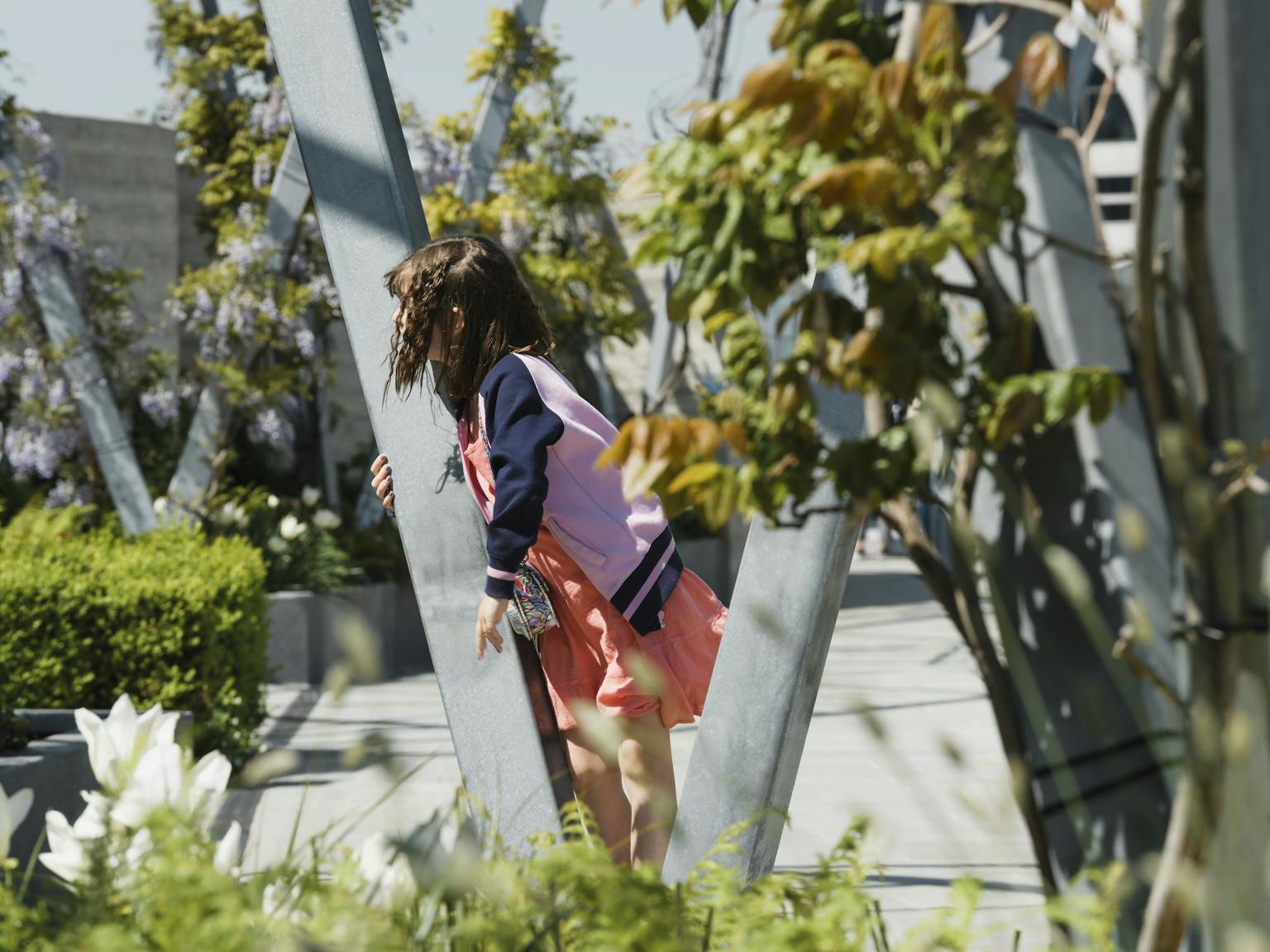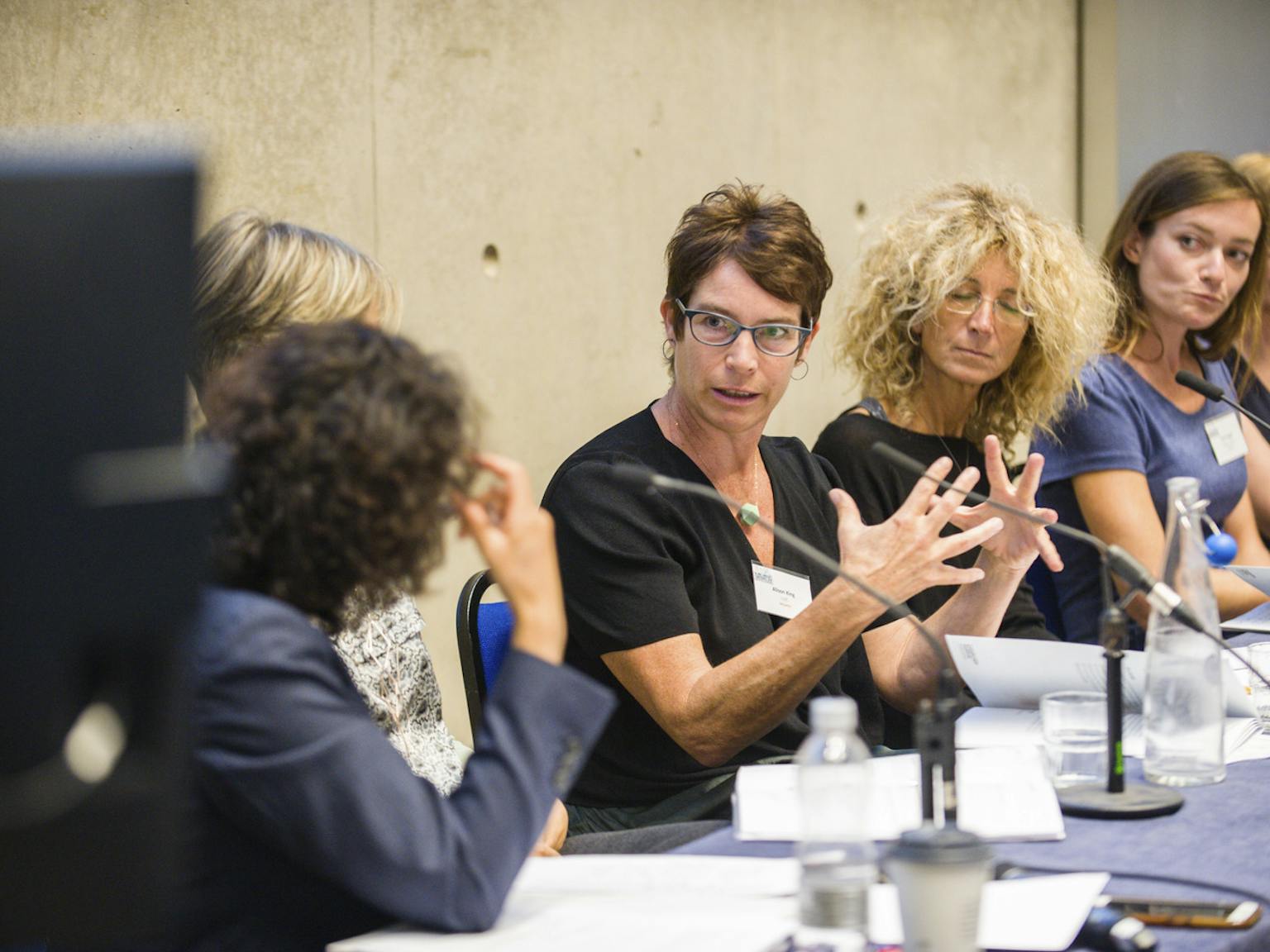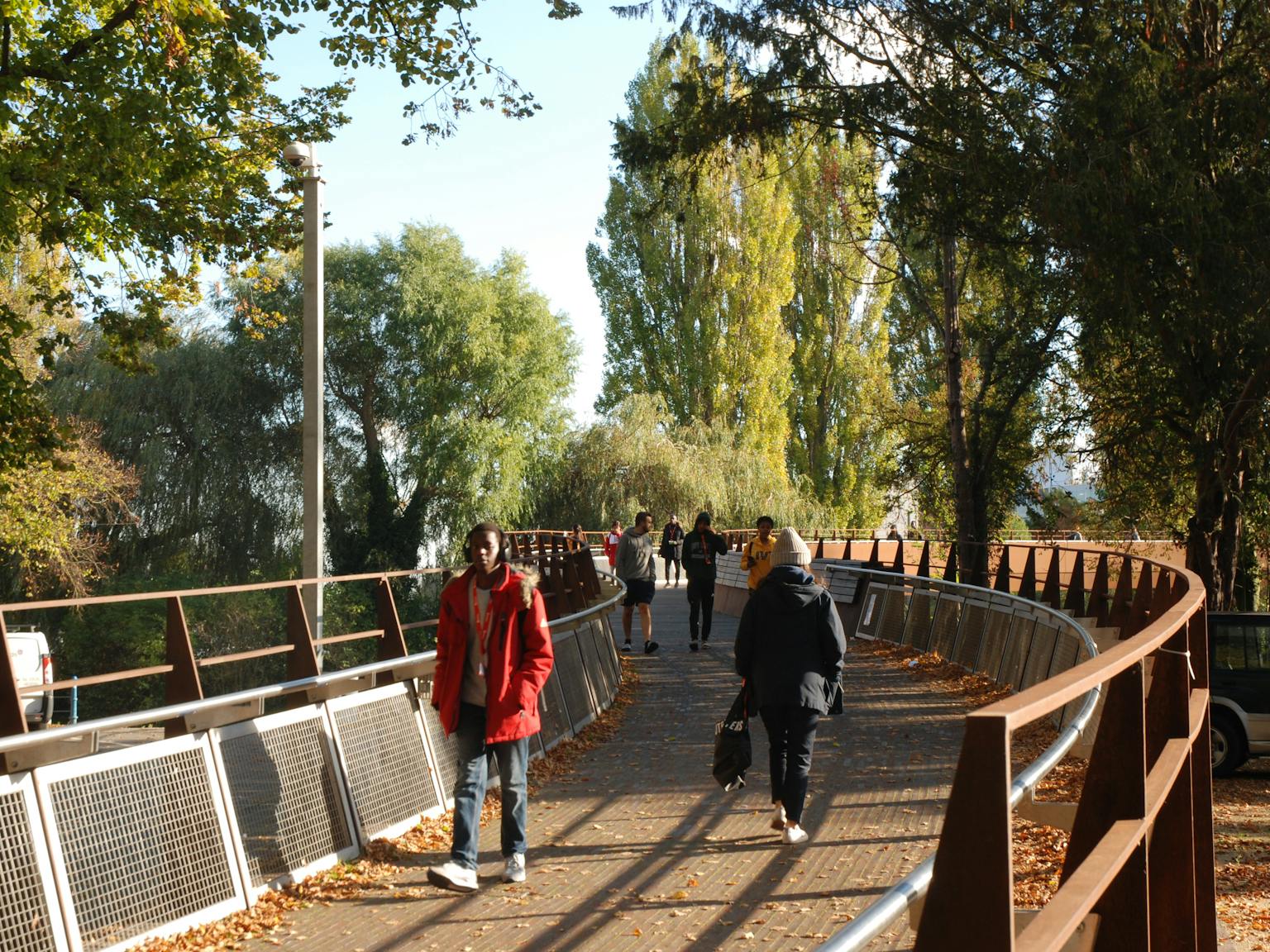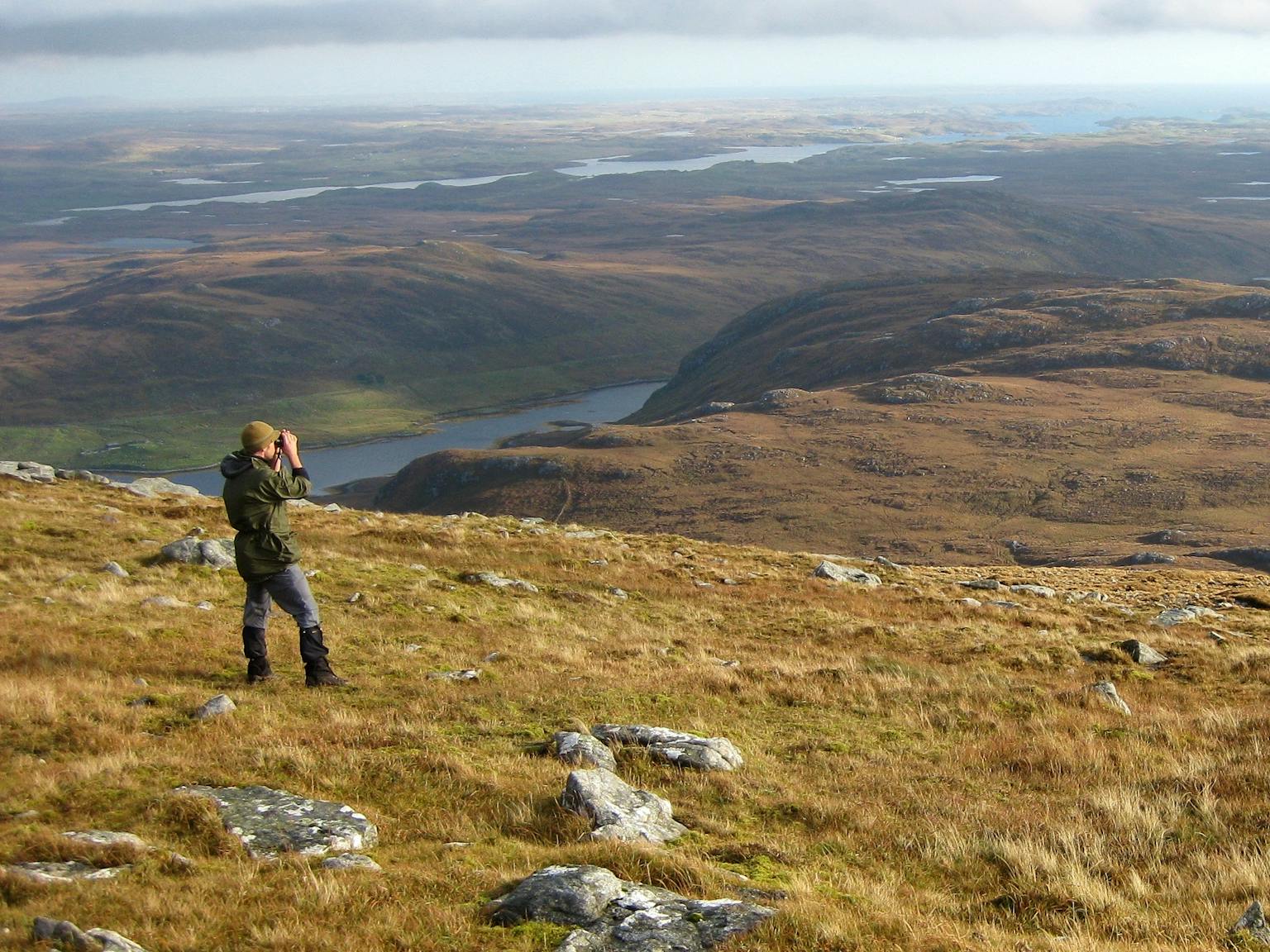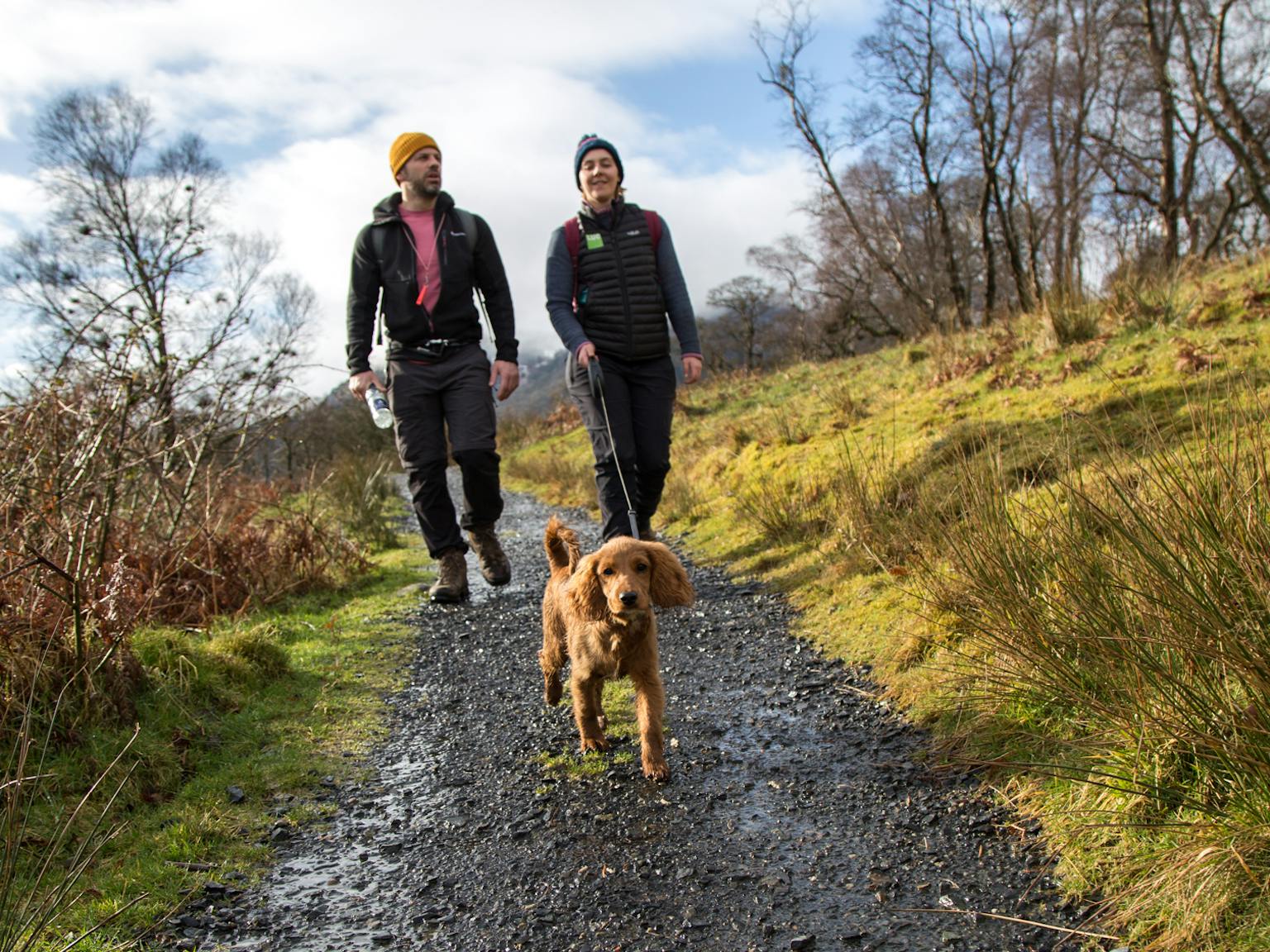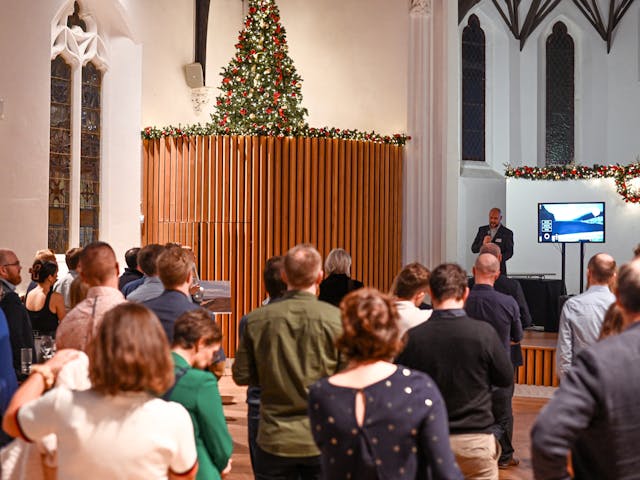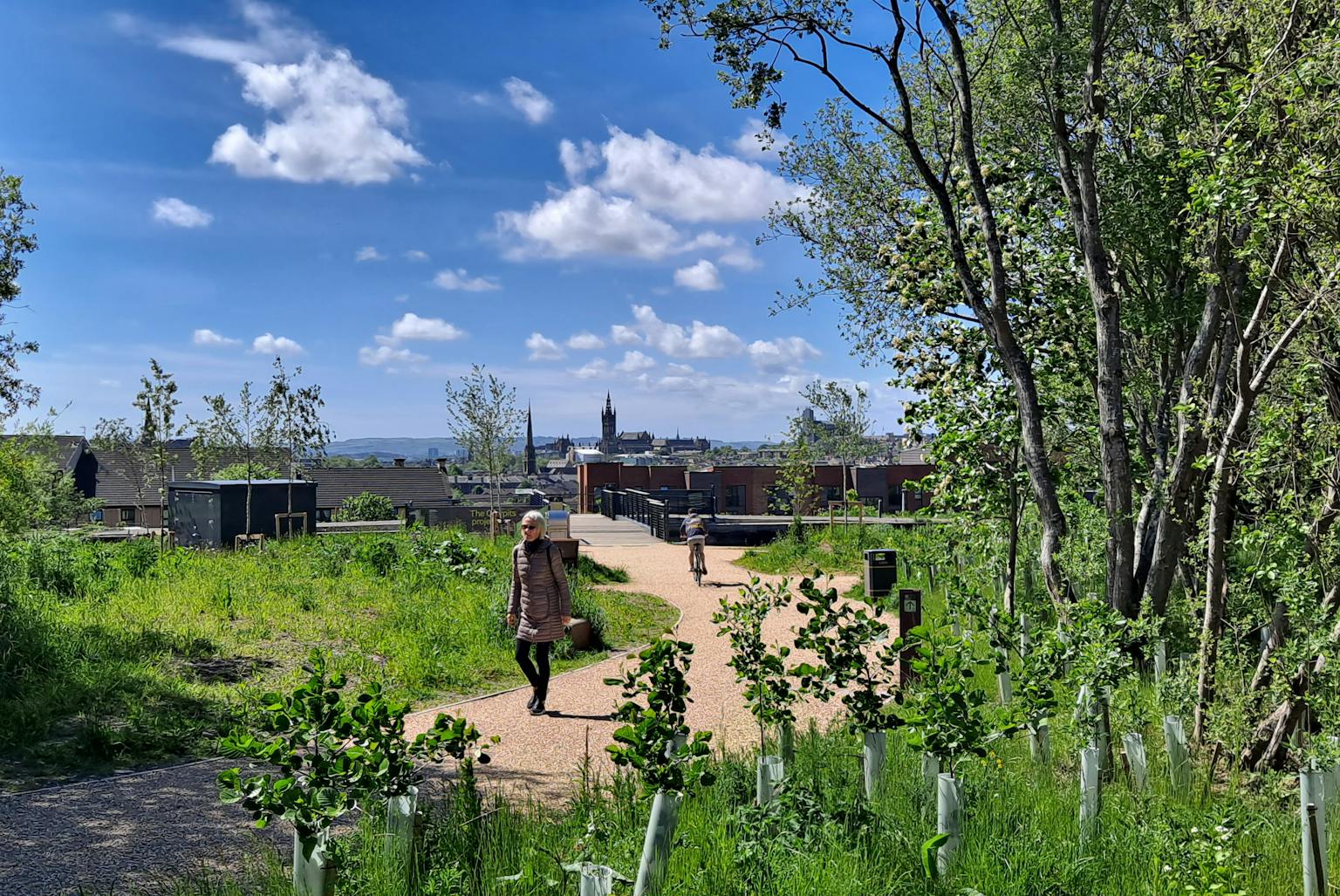
LUC and Sport England working to transform communities through Active Design
LUC has partnered with Sport England to showcase the power of landscape-led regeneration in promoting active lifestyles and improving community well-being.
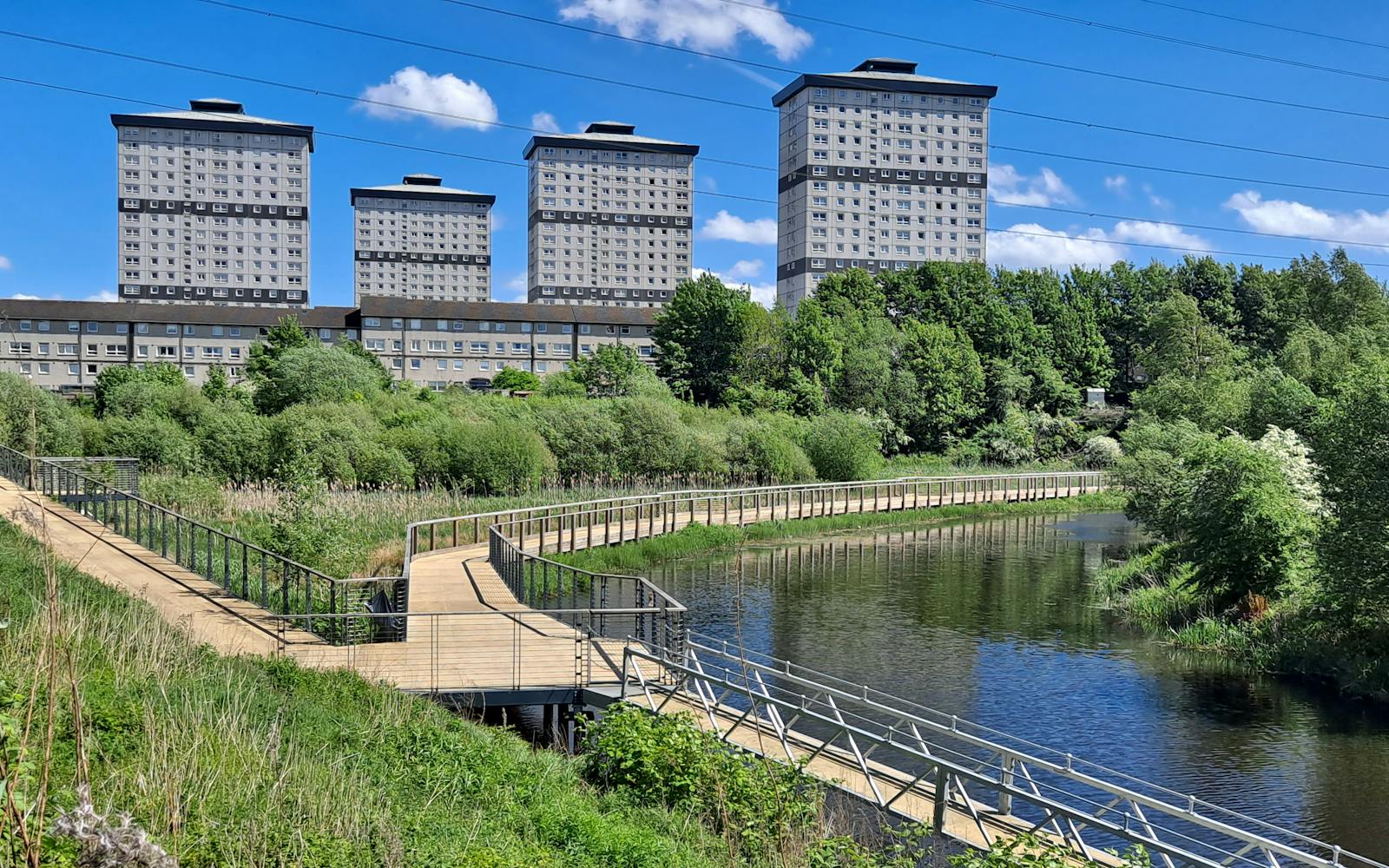
Sport England tasked our design experts to curate a range of exemplar case studies that feed into their Active Design principles. These showcase projects and SE’s principles will inform national guidance to help planners, designers, developers, and Local Authorities create active environments and promote health and well-being in communities.
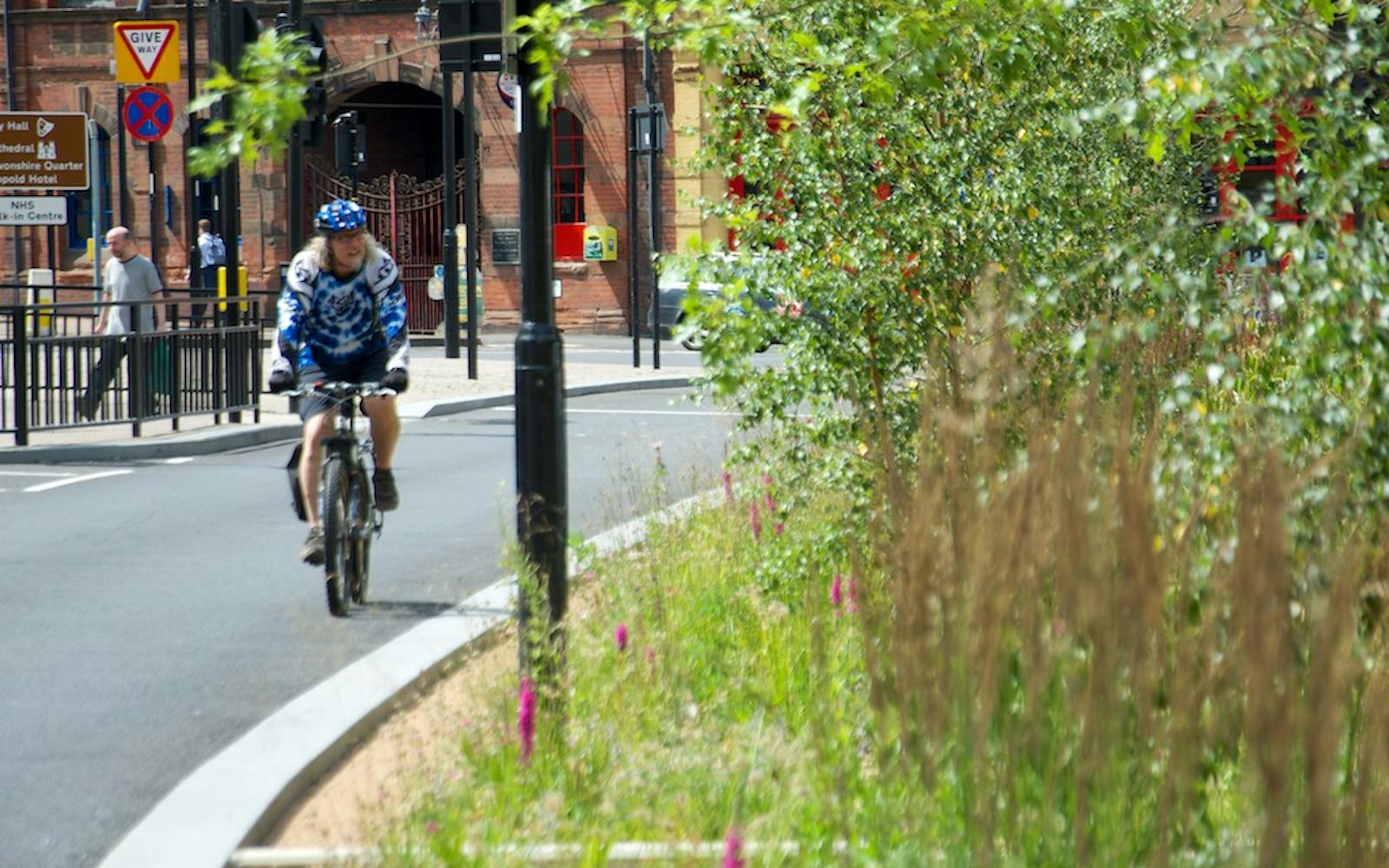
Sport England’s Active Design principles include walkable communities, connected and active travel routes, multi-functional open spaces, high-quality streets, and activity infrastructure.
LUC's expertise in urban design has been instrumental in identifying and showcasing projects that demonstrate the positive impact of well-designed spaces on people's health and happiness. Regeneration projects from across the country were independently judged against the principles and LUC shortlisted those that had the best outcomes for places, people and nature.
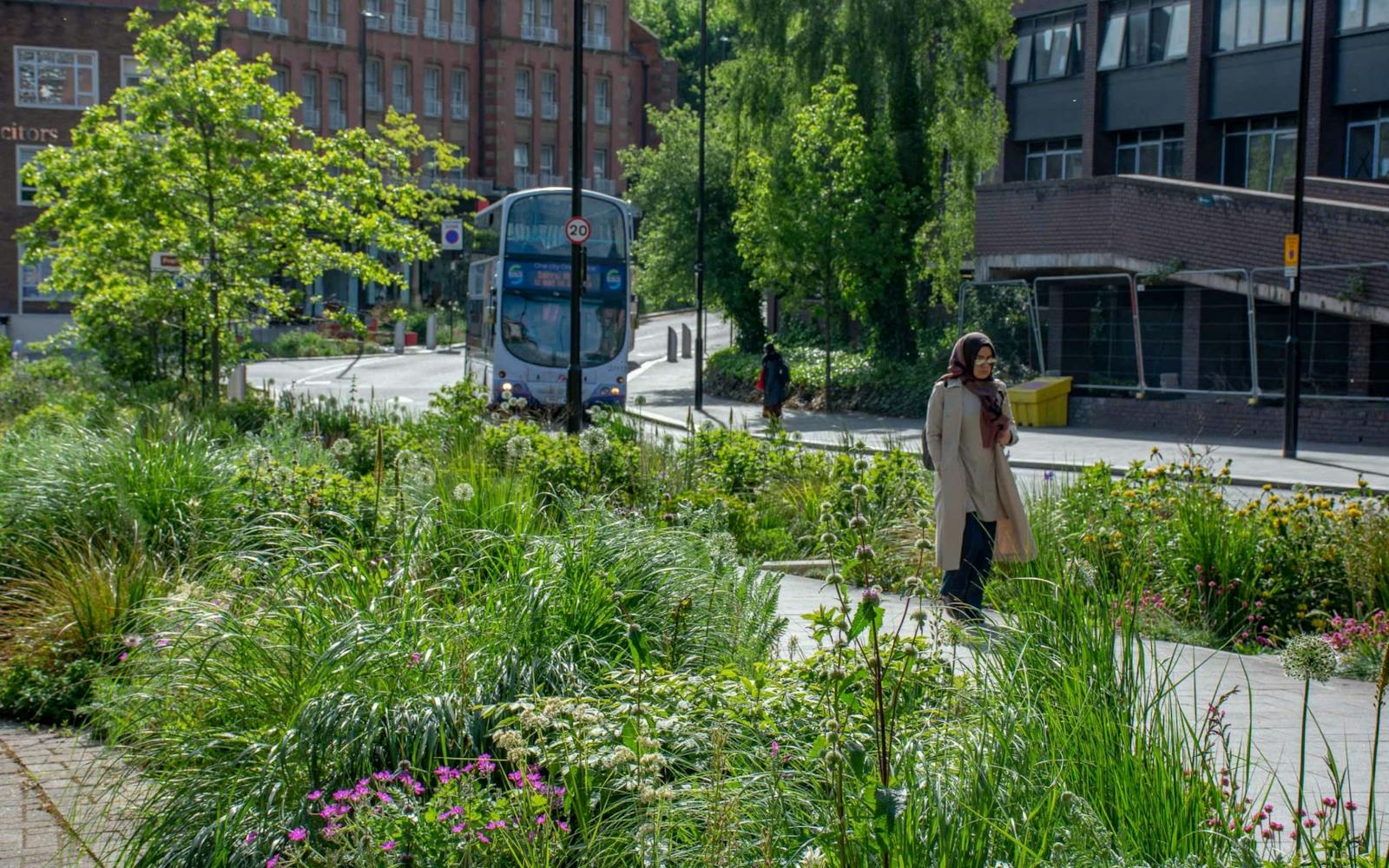
One case study that made the final list was the multi-award-winning project, Glasgow Claypits. LUC worked with Scottish Canals and partners to transform a neglected, contaminated area into an inner-city nature reserve and regenerate the Forth and Clyde Canal. Not only has the project provided valuable walking and cycling routes for nearby communities, but it has also enhanced urban biodiversity and attracted a range of animal and bird species to the area. Academic research has shown that the project has also contributed to improved health outcomes in the area.
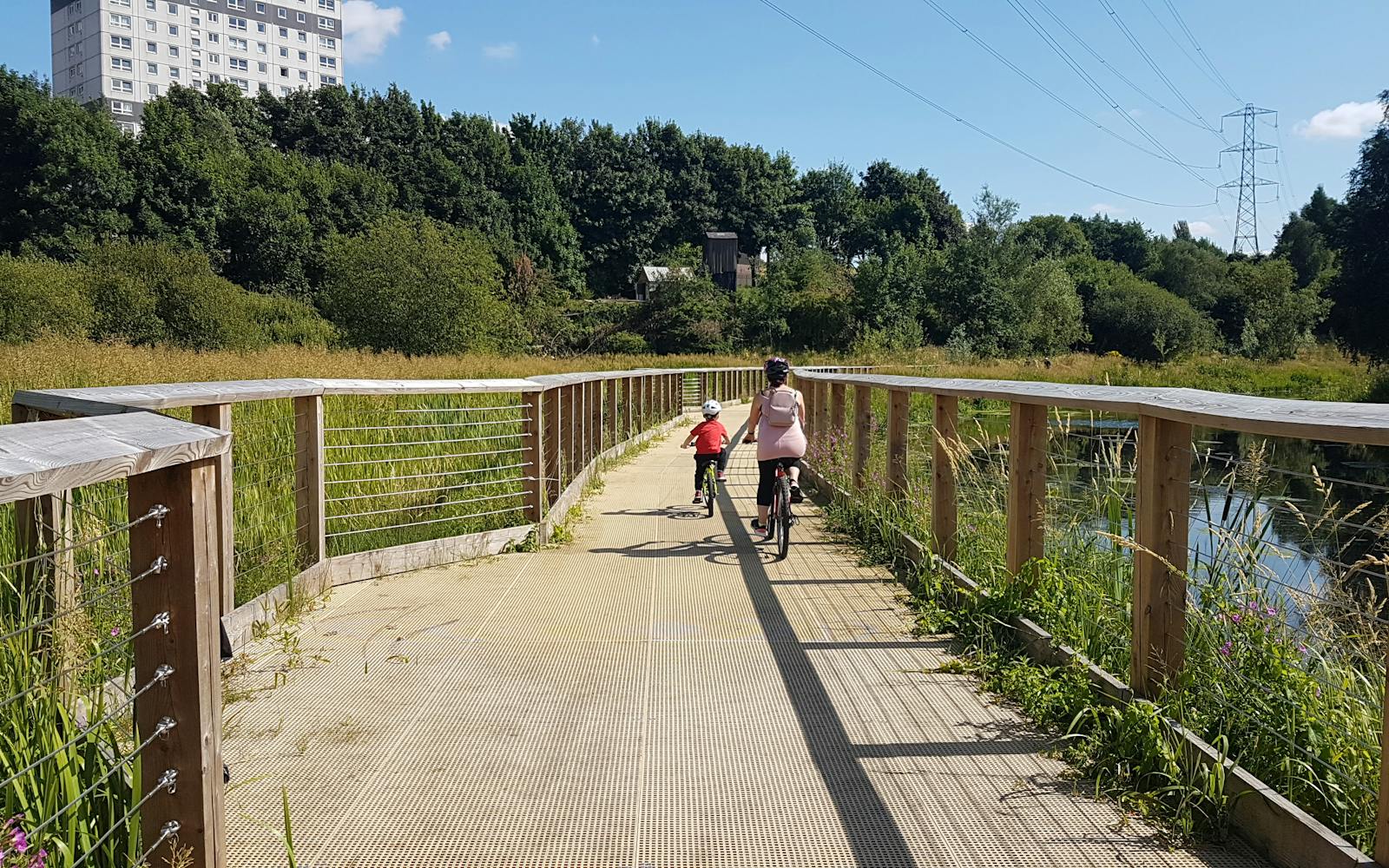
This work clearly demonstrates how a creative landscape design process can create or regenerate green spaces that give everyone the chance to benefit from physical activity and access to nature. These projects also support other priorities such as biodiversity enhancement, tackling climate change, and improved water management.
